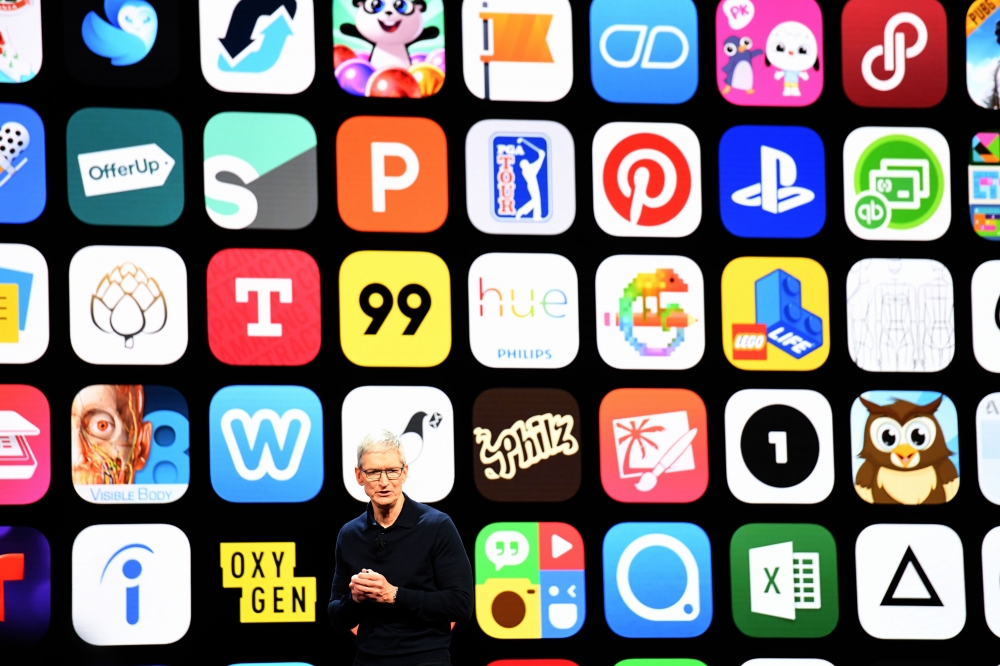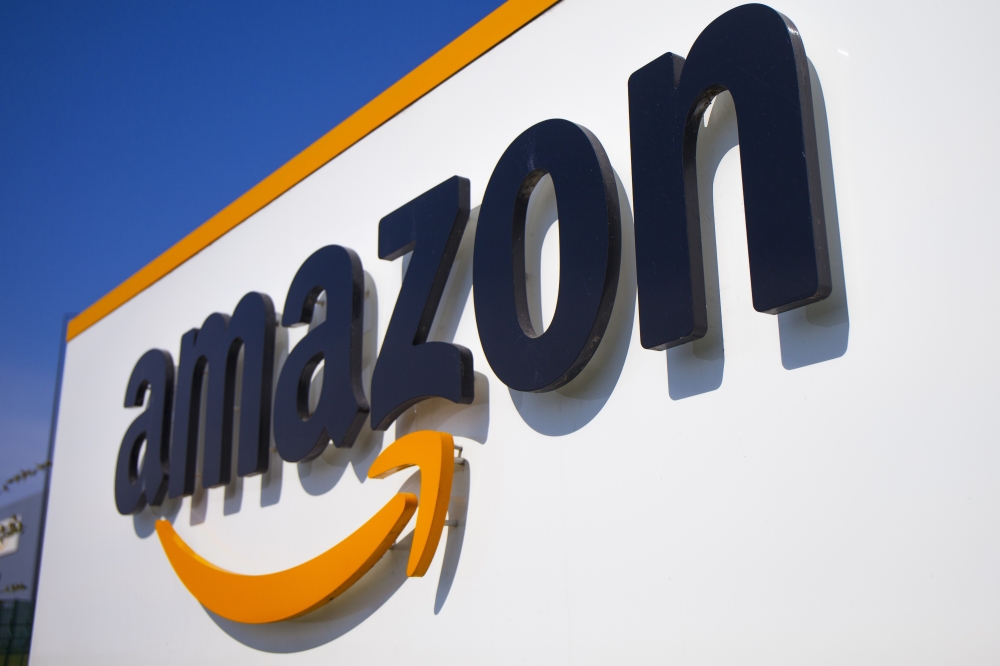Proposed U.S. legislation would forbid Apple from pre-installing its own apps on iPhones
- New legislation may ban Apple from allowing its iPhones to be shipped with pre-installed first-party apps.
- According to the bill, the company would have to offer other third-party apps alongside its first-party apps as an option for the users to download.
- The bill would also apply to Amazon.
Earlier last week, The U.S. House lawmakers introduced bipartisan antitrust legislation in the form of five different bills to target the marketing power of tech giants such as Apple, Google, Amazon and Facebook. The bills would apply to businesses that have a market capitalization of $600 billion and at least 50 million monthly active users in the United States.
Among these bills, is a bill introduced by the antitrust subcommittee chairman representative David Cicilline, called ‘The Ending Platform Monopolies Act’. It specifically makes it illegal for tech companies to operate a line of business that creates a conflict of interest. With that being said, this bill stated that Apple couldn't preinstall its own apps if those apps competed with rivals on the App Store.
 According to a report from Bloomberg, Cicilline confirmed this antitrust legislation, which if enacted into law, would ban Apple from pre-installing its first-party apps such as Pages, Maps, FaceTime, Messages, etc. on iPhones.
According to a report from Bloomberg, Cicilline confirmed this antitrust legislation, which if enacted into law, would ban Apple from pre-installing its first-party apps such as Pages, Maps, FaceTime, Messages, etc. on iPhones.
A proposal prohibiting tech platforms from giving an advantage to their own products over those of competitor would mean Apple can’t swipe devices with pre-installed apps on its iOS operating platform.-- said Cicilline
Rather than pre-installing its apps, the company would have to offer a variety of all the other alternative third-party apps, along with its own apps, as an option to the users, to download from, according to the user’s preference.
It would be equally easy to download the other five apps as the Apple one so they're not using their market dominance to favor their own products and services--said Cicilline
Now, according to Cicilline, this self-preference prohibition would not only apply to Apple, but also to Amazon Prime. The reason being that, Amazon’s Prime Subscription lets Amazon sell its own first-party branded products over third-party products. This serves as a disadvantage to some sellers who rely on e-commerce platforms.
 Back in March, the Arizona House of Representative were in a discussion of passing an App Store bill that would have allowed developers in the state to bypass app store payment systems thereby avoiding the 15% or 30% commission the companies charge, but it was withdrawn, following lobbying by Apple and Google.
Back in March, the Arizona House of Representative were in a discussion of passing an App Store bill that would have allowed developers in the state to bypass app store payment systems thereby avoiding the 15% or 30% commission the companies charge, but it was withdrawn, following lobbying by Apple and Google.
However, according to Bloomberg, the House Judiciary Committee will review the five bills at a hearing next week. If passed, these bills would lead to significant changes in the tech industries.
Recommended by the editors:
Thank you for visiting Apple Scoop! As a dedicated independent news organization, we strive to deliver the latest updates and in-depth journalism on everything Apple. Have insights or thoughts to share? Drop a comment below—our team actively engages with and responds to our community. Return to the home page.Published to Apple Scoop on 17th June, 2021.
No password required
A confirmation request will be delivered to the email address you provide. Once confirmed, your comment will be published. It's as simple as two clicks.
Your email address will not be published publicly. Additionally, we will not send you marketing emails unless you opt-in.